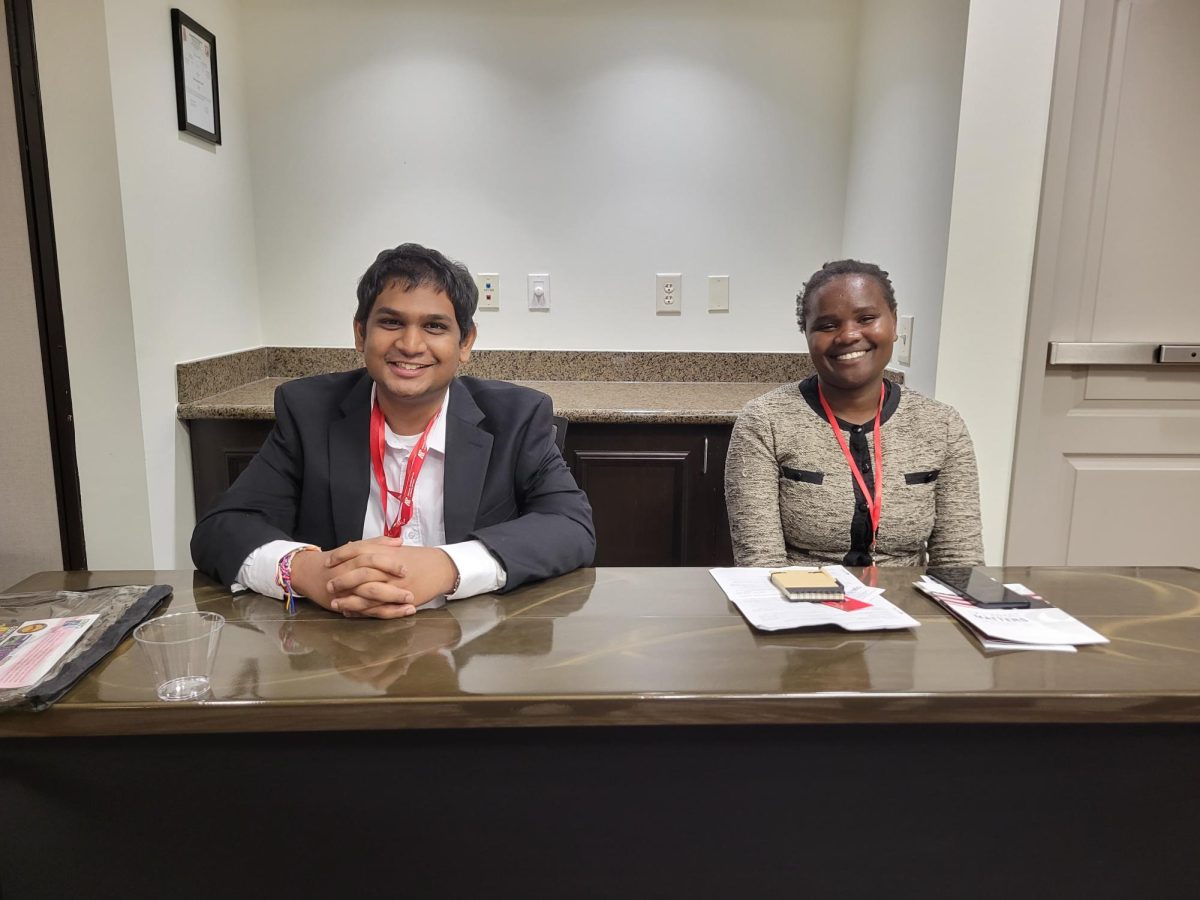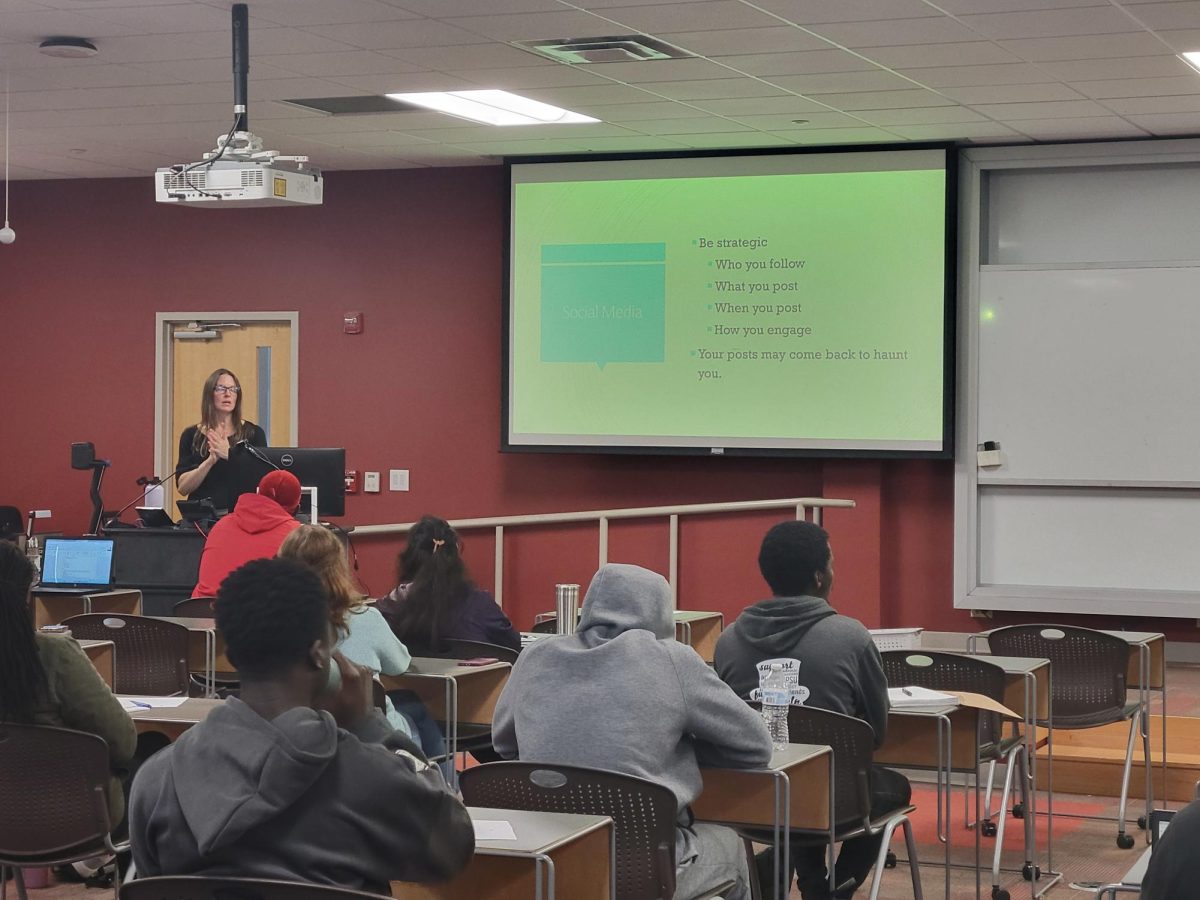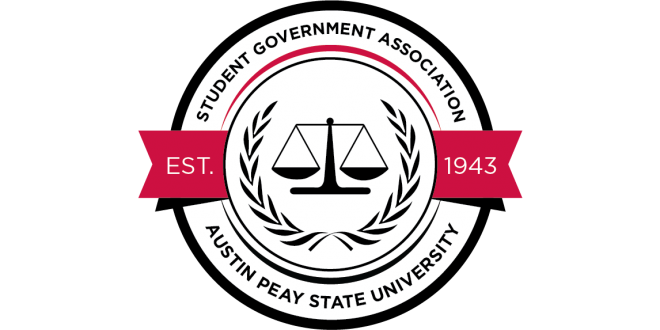The Student Government Association will recommend the creation of National Pan-Hellenic Council monuments and now limit the amount of time a bill can go unsigned by its author.
At the weekly SGA meeting on Wednesday, Nov. 4, the senate passed Sen. Frank Burns’ Resolution No. 11: A legislation to recommend the creation of NPHC plots on campus to represent the “Divine Nine” fraternities and sororities.
Burns cited APSU’s continued growth as the need for this legislation.
“I’m pretty sure every fraternity or sorority has a shield or a coat of arms that they have that represents that particular fraternity or sorority,” Burns said. “Universities like the University of Tennessee have these monuments, and since APSU is expanding, I feel we should have these as well.”
Burns proposed for SGA to provide partial financial support for the monuments.
Sen. Austin McKain supported the bill, with reservations on providing financial support for the monuments.
“I think this is definitely something we should support,” McKain said. “…Whether the financial obligation arrives, it can be brought to us on how much it will actually be.”
Chief Justice Lucas Bearden said the legislation only benefited a small demographic and disagreed with SGA potentially funding it.
“I feel like this is only benefiting a small portion of campus,” Bearden said. “We’re kind of sectioning our support in one quite small group actually. I think [NPHC] organizations maybe should try funding it through their NPHC council rather than through SGA or through the national organization funding.”
Sen. Dylan Kellogg explained the legislation would not mean SGA funding it, but rather starting a conversation about the possibility. He commended Burns for the legislation because it sets a standard on how a senator should go about wanting to fund a cause through SGA.
Resolution No. 11 was passed, with amends to section three and section four because they had nothing to do with recommendations being sent.
Sen. Lydia Bullock’s Act. No. 6 was passed as well, which puts a one-week limit on the time passed legislation can go unsigned by its author.
Proposed by Sen. Colin Crist, Act. No 5 was also passed. It bans cellphone use by senatorial and Executive Council members during SGA meetings. Amendments were also made to the legislation regarding the punishment of cellphone use, in which voting rights would be taken away.
“Sen. Jay Alvarez brought to my attention that while we do need to enforce this if it were to pass, the students that each senator represents would be punished,” Crist said.
Sen. Darrin Jones added that SGA members need to be professional during meetings.
“We’re mature adults,” Jones said. “We shouldn’t be on our phones period in this meeting. It’s formal obviously, so I believe that this act is kind of pointless. The students voted us into it, so we should be more proud of it and just not be on our phones at all during this time. It’s only 55 minutes of the day so we can be off our phones.”
Kellogg proposed two new acts. Act No. 7 adds repercussions for senator absences to SGA’s weekly meetings. Act No. 8 redefines what a major event is and makes them mandatory for SGA members.
Both Acts No. 7 and 8 will be discussed at the next SGA meeting on Wednesday, Nov. 18.











